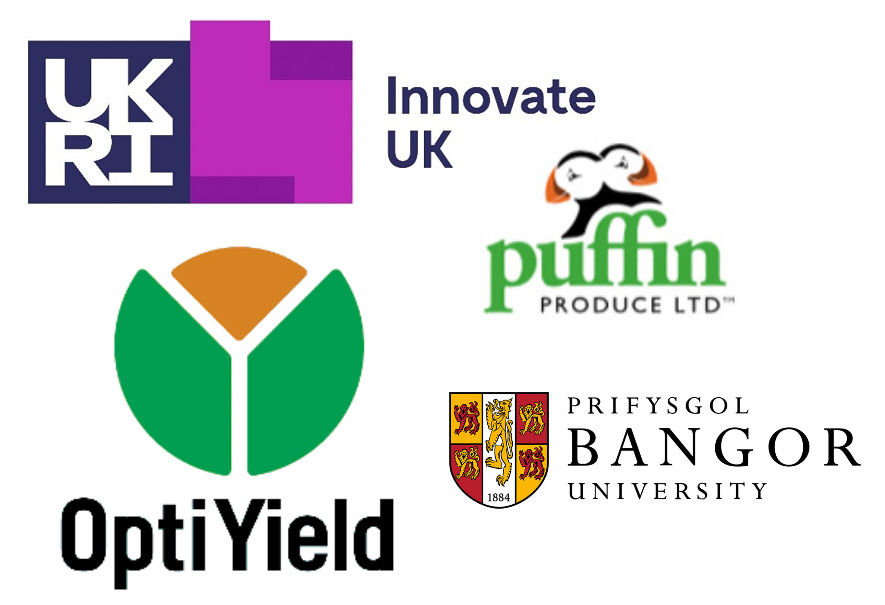Emerald Research Ltd leads Innovate UK Grant awarded to put sustainability within easy reach of farmers.
Emerald Research Ltd (ERL) with project partners, Lisk and Jones, Puffin Produce and Bangor University have been awarded an Innovate UK research grant for ‘POSTCOVA’ a nine-month research programme that focuses on combining a number of emerging technologies developed from previous research projects into a useable ‘in-field’ app tool with the ability to deliver sustainable increases in vegetable yield, quality and cropping area initially in Wales and transferable to the whole of the UK and beyond.
The Preliminary POSTCOVA research estimates that crop production could be improved by 5-20%, while simultaneously reducing direct nitrogen use by 8-35% and nitrous oxide (N2O) emissions by 20-40%.
The project will combine precision data gathering technologies such as multispectral drone mapping, in-field data and newly developed N2O soil-emissions detectors developed by ERL. The information will feed into a new mobile app developed for crop sap analysis delivering immediate in-field recommendations.
The analysis of the data will result in the ability to optimise application timings of plant nutrients and biostimulants to improve productivity, health and nutritional quality of key-cultivated vegetables such as potatoes, leeks, cabbages, cauliflowers, Brussels sprouts and carrots, but also in Winter Wheat
A fundamental aim of the project is not only to reduce overall applied inputs of both fertilisers and synthetic crop protection products, but also to improve application timings, methods and amounts. The new methodology will result in reduced nitrogen losses and a significant reduction in associated emissions while improving soil quality and crop yields.
Simon Fox, CEO of Emerald Research Ltd., explains: “From the preliminary work undertaken for the Innovate UK application and previous research, we believe that the incremental savings of these combined techniques and technologies will allow producers to derive significant economic return on investment of 9-50%, depending on the crop and conditions.
This level of ROI can contribute to helping UK agriculture face the challenges of Brexit along with the wider business communities’ challenge of a post-Covid employment recovery in areas where there has previously been little opportunity.”
The project ambitions of driving sustainable use of resources for maximum return meet the United Nations and FAO sustainable development goals for agriculture of achieving food security and improved nutrition while promoting sustainable agriculture. Once the research is complete, the potential benefits will be available for vegetable farmers further afield.

